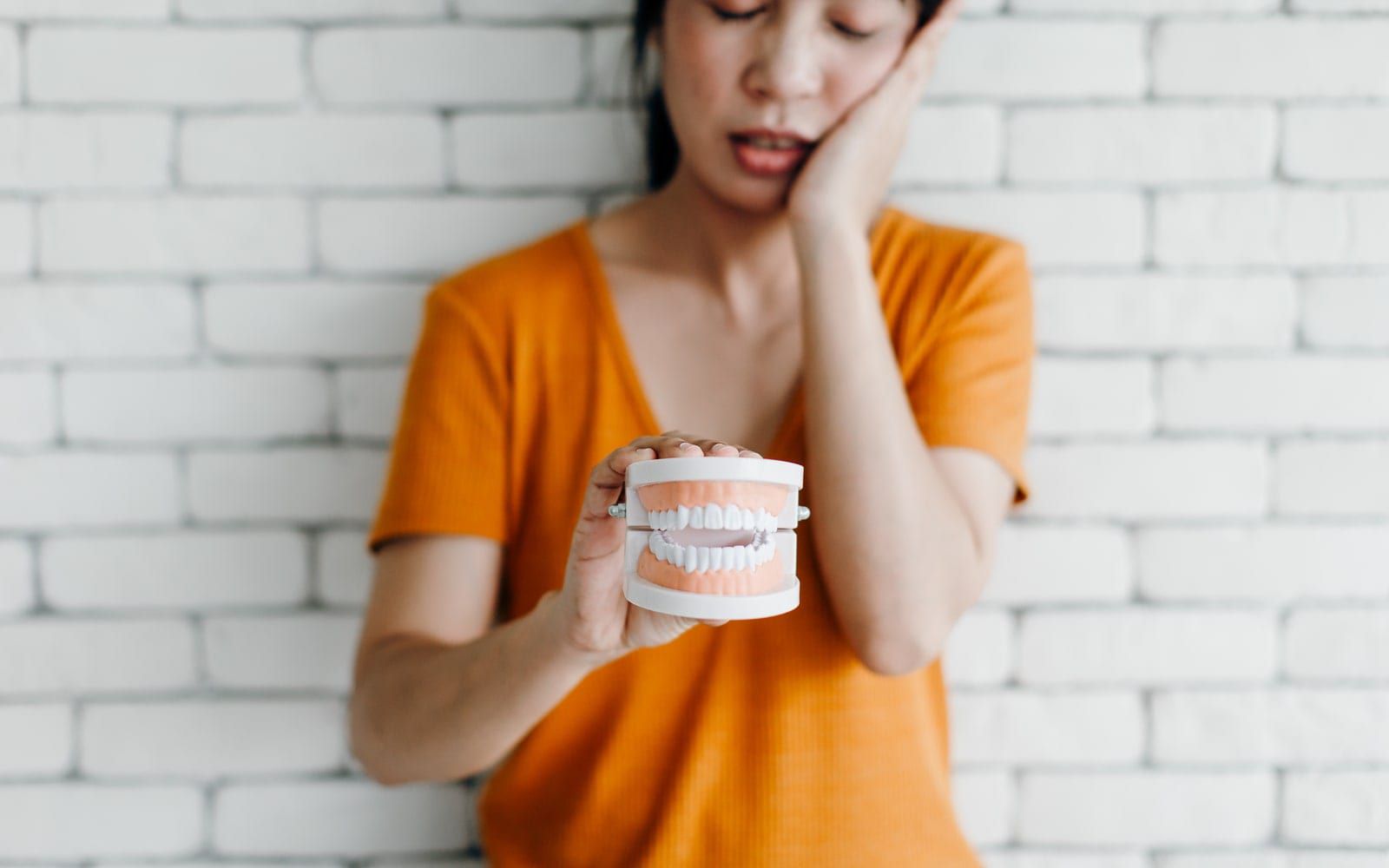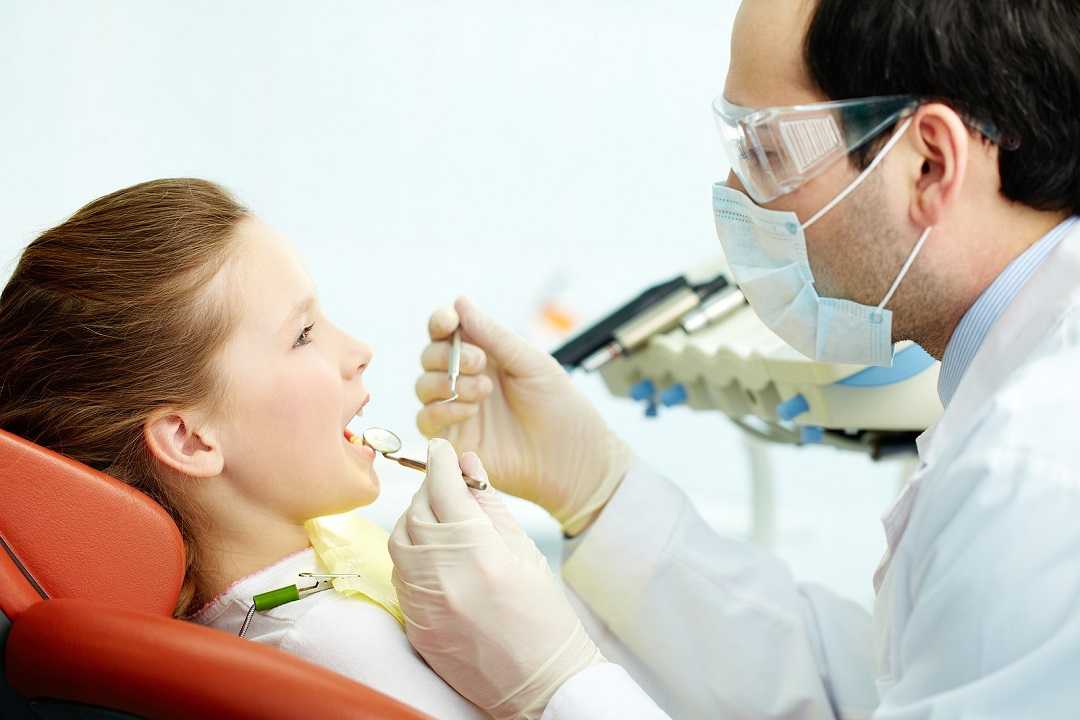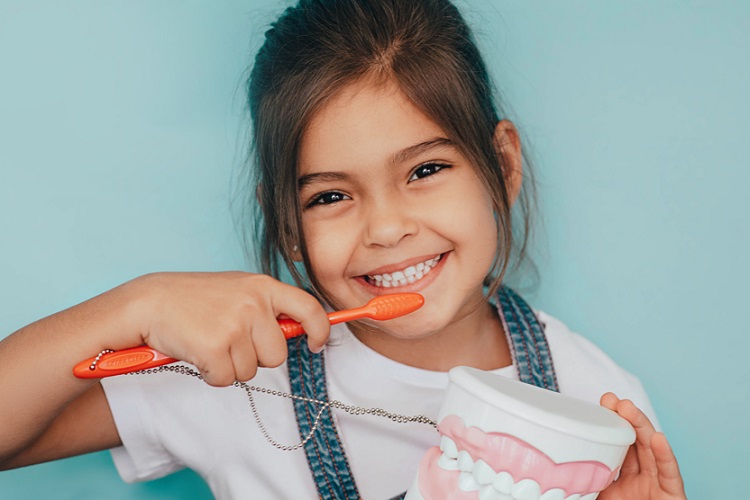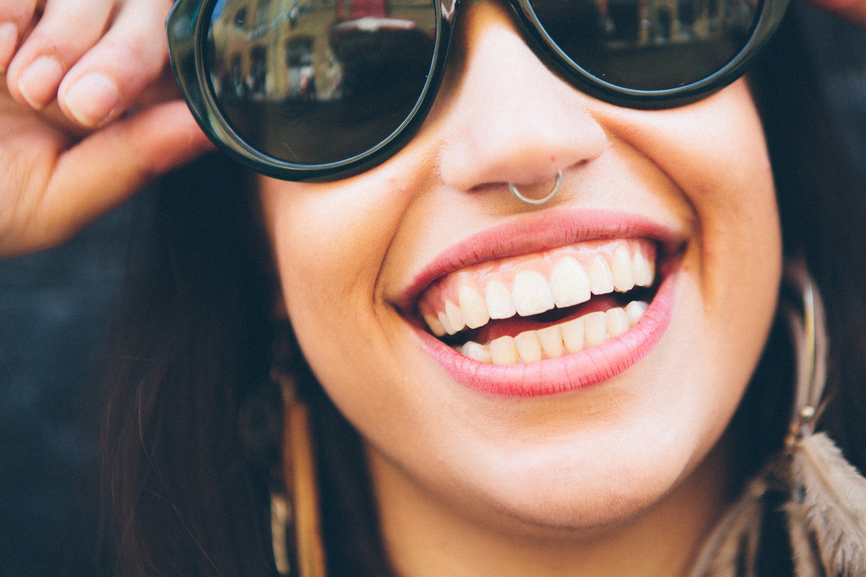Being a first-time parent of an infant can be so overwhelming. Parents are faced with sleepless nights, unorthodox feeding schedules, consecutive diaper changes, colic, spit-up, and everything else that comes with the new parent territory. The health of a child’s teeth can get lost among the many parental responsibilities. Dental hygienists can play a huge role in helping new parents care for their child’s teeth over the long term.
As defined by the American Dental Association (ADA), Early childhood caries (ECC) is the presence of one or more decayed (non-cavitated or cavitated lesions), missing (due to caries), or filled tooth surfaces in any primary tooth in a preschool-age child between birth and 71 months of age. ECC affects children worldwide and, more so, families from lower socioeconomic status.
As many parents begin the journey of parenthood, hygienists can begin to educate them as they are in our dental chairs, taking a grassroots approach. We do not have to wait until the child’s first birthday to begin educating caretakers on how to care for the oral health of their budding family.
Here are five tips dental hygienists can deliver to our patients who are embarking on the wonderful journey of parenthood.
Oral Care
Parents who take care of their oral health are far more likely to care for the oral health of their child. Introducing oral care early is the key difference. Advise parents to wipe the gingival tissue of the mouth after every feeding.
Use a soft, slightly damp gauze-like cloth that fits over the parent’s finger for ease and comfort. Gently swipe the upper and lower gingival pads where the teeth will erupt. Upon the first tooth eruption, switch to a finger brush made of silicone. As more teeth begin to erupt, switch to a finger brush with soft bristles as more teeth erupt.
Oral Habits
It is quite common for infants to self-soothe with a thumb/finger sucking habit, tongue sucking habit, or a pacifier habit. (It is also a great stress relief for parents.) You want to encourage parents that this should not be a lifelong behavior. Habits such as these can change the oral cavity of toddlers and adolescents if not curtailed.
For some children, breaking these habits can be difficult, and some kids stop when they are ready. For newborns and infants, advise parents to utilize these habits during rest periods and not throughout the day. Some useful tips to help toddlers discontinue oral habits can include distraction techniques (engaging in playtime at the park), busying the hands (building blocks/puzzles), and if they are old enough to understand, visually showing them what the oral habit is doing to their fingers and teeth.
When choosing to apply any of these methods, they should be positive and include a reward, such as an extra scoop of ice cream at dessert. Limiting these habits early on makes it easier for toddlers to self-soothe without these methods.
Baby Bottles
Baby bottles are to be used for feedings only. As advised by the American Academy of Pediatrics (AAP), parents should start to wean their infant off of the bottle at 12 months of age and completely discontinue at 18 months of age. The introduction of hardtop sippy cups should be introduced around six to nine months of age. If bottle feedings are to be done in the evening, it should be done before the bedtime brushing.
Having a bottle filled with liquids other than water is a primary cause of ECC. Using a bottle filled with sugar-sweetened beverages (SSBs) for continual use throughout the day can cause a high incidence of caries. When thirsty, toddlers should be given water, particularly at rest, when mastication is not being performed. In a research review conducted by Sara N. Bleich, Ph.D. and Kelsey A. Vercammen of the Harvard T.H. Chan School of Public Health, infants between the ages of 10 to 12 months are at 1.8 times greater odds of having dental caries by the age of six. Many caretakers are unaware of the high-frequency consumption of SSBs play in the primary cause of ECC.
Nutritional Habits
Nutrition plays a huge role in the growth and development of children. It also plays a huge role in the prevention or cause of caries. Frequent snacking takes the mouth through a pH roller coaster and disturbs the remineralization and demineralization process.
Packaged foods are high in artificial ingredients that can cause decay. Gummy snacks and vitamins, which are wildly popular with toddlers, are caries culprits, in addition to highly fermentable carbohydrates. Recommending the snacking of vegetables and cheese should be encouraged when counseling caretakers on nutritional habits. In doing so, their little ones will be at a lower incidence of ECC and oral diseases.
Dental Visits
During a caretaker’s medical history intake, dental hygienists should ask if there are any new additions in their family. By informing caretakers early on about the benefits, education, and expectations of dental visits, we can prevent a lot of dental ailments for their children.
The first visit should be at one year old or at the eruption of the first tooth. It is our duty as a prevention specialist to inform caretakers about oral care and where it starts. Let them know the visit will consist of a thorough oral exam, nutritional counseling, oral hygiene instruction, and the introduction of and/or use of a fluoride product.
Caretakers have a lot on their plate being new parents without the added stress of having a child suffering from caries. As the first line of defense, dental hygienists are well equipped to educate, promote, and guide new parents on the path for optimal oral health for their perfect little ones.
Now Listen to the Today’s RDH Dental Hygiene Podcast Below:
References
The post New Parents: Five Tips Dental Hygienists Should Be Sharing appeared first on Today’s RDH.
This content was originally published here.









